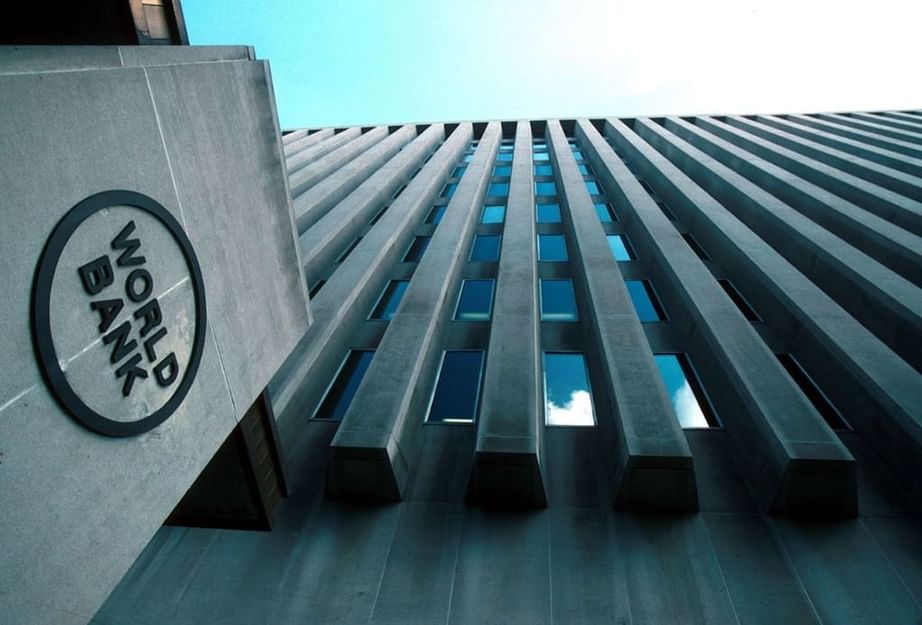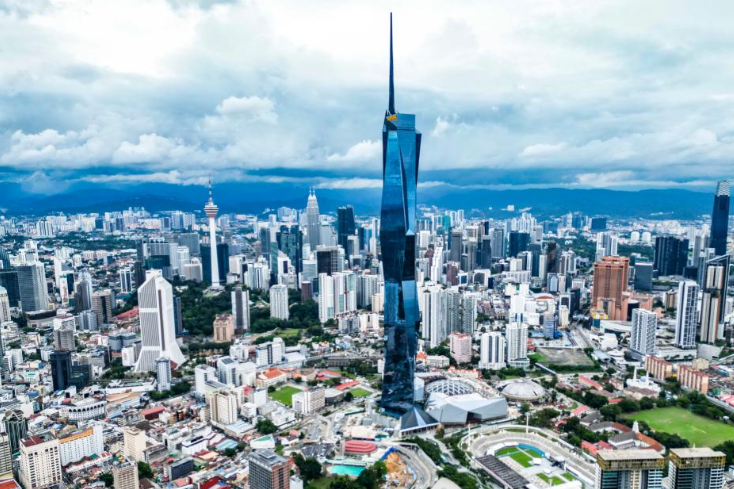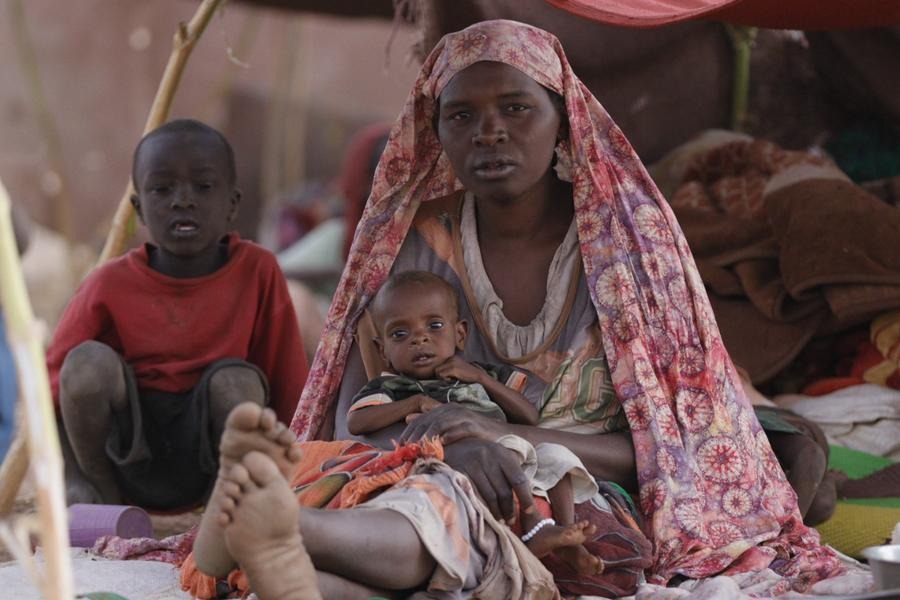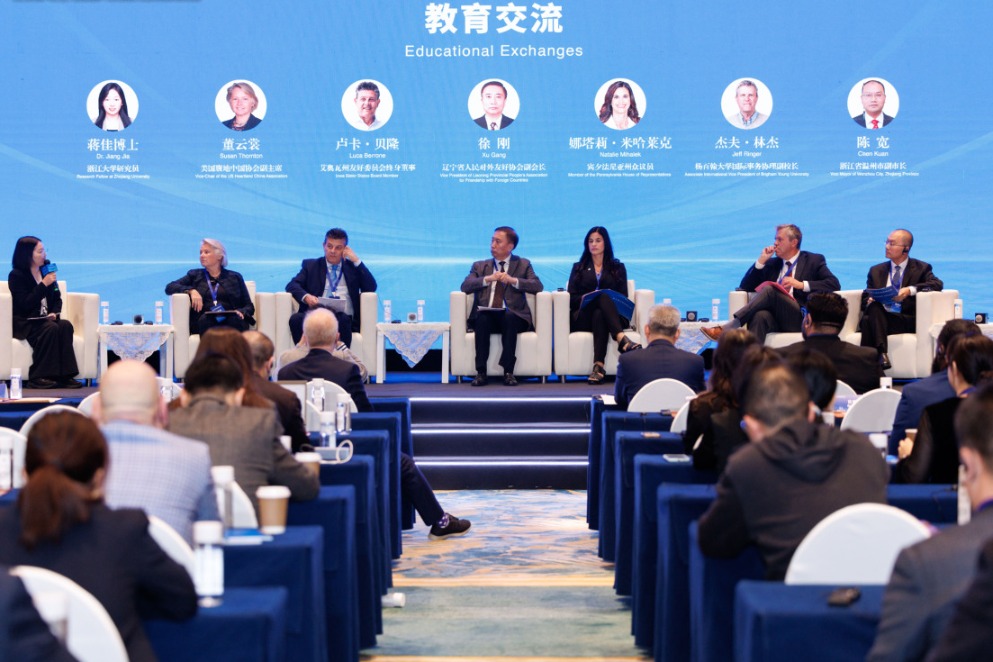World Bank hails UAE as model for empowerment of women, youth


DUBAI -- The World Bank has described the United Arab Emirates as a leading model in human development and in adopting policies that empower women and youth.
Fadia Saadah, Regional Director for Human Development in the Middle East and North Africa, Afghanistan and Pakistan Region at the World Bank, said the UAE has built an integrated model of work-life balance and women's workforce participation through labor law reforms and investments in early childhood development and childcare.
Speaking to the Emirates News Agency (WAM) following the release of the World Bank's new flagship report "Embracing and Shaping Change: Human Development for a Middle East & North Africa Region in Transition", Saadah said the UAE's 2022 labor law reforms have enabled part-time, temporary, remote, and shared work arrangements, expanding opportunities for women and youth.
In 2021, the country introduced enhanced parental leave provisions, which support work-life balance and women's workforce participation.
"The country's investments in early childhood development and affordable childcare are helping to empower women and equip youth with essential skills," she noted.
Highlighting how other MENA countries could benefit from the UAE's flexible labor mobility policies, Saadah pointed to the country's flexible labor mobility policies, which include adaptable visa options like the Golden and Green Visas for skilled professionals, investors, and freelancers, as well as job search and remote work visas.
She noted that the UAE also promotes labor protection through unemployment insurance, wage protection, and strengthened recruitment regulations. Adopting similar policies across the region, she said, would help attract and retain talent, support economic diversification and drive innovation.
According to the World Bank report, human capital in the MENA region has improved significantly in recent years, but further progress is needed to achieve inclusive and sustainable growth.
The report examines how three megatrends in particular - ageing populations, climate change, and technological change - are shaping the region's future, encouraging governments to continue to invest in "future-fit" human development policies.
Saadah said GCC countries may want to prioritise ageing and digitalisation, middle-income countries may focus on fiscal management, and lower-income or fragile countries should emphasise preserving human capital and institutions.
With continued commitment, she said, the MENA region is poised to transform emerging challenges into drivers of sustainable and inclusive growth, ensuring a brighter future for all.
WAM

































